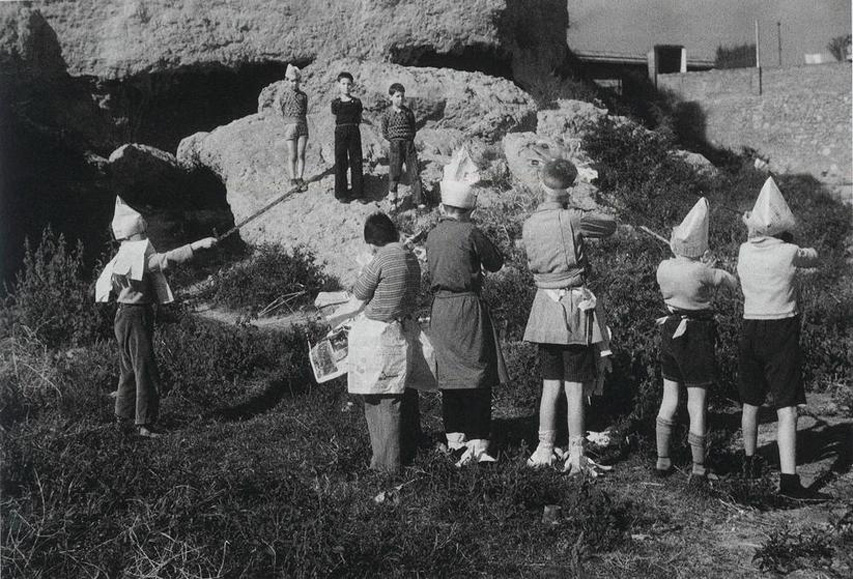May 2, 2013
The Last Cigarette

The extremities of reason may have produced the firing squad, but they won't prevent the bullets from arriving at their destination.
This was the thought that formed as I read On Borges, Particles and the Paradox of the Perceived by William Egginton. Here are the first three paragraphs:
In 1927 a young German physicist published a paper that would turn the scientific world on its head. Until that time, classical physics had assumed that when a particle's position and velocity were known, its future trajectory could be calculated. Werner Heisenberg demonstrated that this condition was actually impossible: we cannot know with precision both a particle's location and its velocity, and the more precisely we know the one, the less we can know the other. Five years later he was awarded the Nobel Prize in Physics for having laid the foundations of quantum physics.Very interesting, in that Egginton reminds us that we have been constantly rediscovering what we have already known. A surface read compels us to entertain the idea that the world is but a dream. But entertainment lasts only for so long and then the curtain falls and we return to our prosaic lives. Hume shook the world with the assertion that causality was fiction, and the reverberations can be traced to our post-postmodern present where the boundary between imagination and reality is as problematic as a simultaneous knowledge of position and velocity. One tangible fruit of this intangible reality is that we wouldn't be able to have commerce via the internet without the encryption formulas born of the uncertainty principle. But such fruit aside, we live by and large in a macro world where causality should properly be taken for granted. Paradox lives in the micro world where quarks jostle and reason is pushed past its breaking point. Life is the fraction where the macro is the numerator and the micro is the denominator, the latter vanishing from view the harder we pursue it and the former crowding our view the harder we try to evade it.This discovery has all the hallmarks of a modern scientific breakthrough; so it may be surprising to learn that the uncertainty principle was intuited by Heisenberg's contemporary, the Argentine poet and fiction writer Jorge Luis Borges, and predicted by philosophers centuries and even millenniums before him.
While Borges did not comment on the revolution in physics that was occurring during his lifetime, he was obsessively concerned with paradoxes, and in particular those of the Greek philosopher Zeno. As he wrote in one of his essays: "Let us admit what all the idealists admit: the hallucinatory character of the world. Let us do what no idealist has done: let us look for unrealities that confirm that character. We will find them, I believe, in the antinomies of Kant and in the dialectic of Zeno."
Some people might take cold comfort in Zeno's paradox, but outside of the academy, a cigarette might be a better option.

Leave a comment